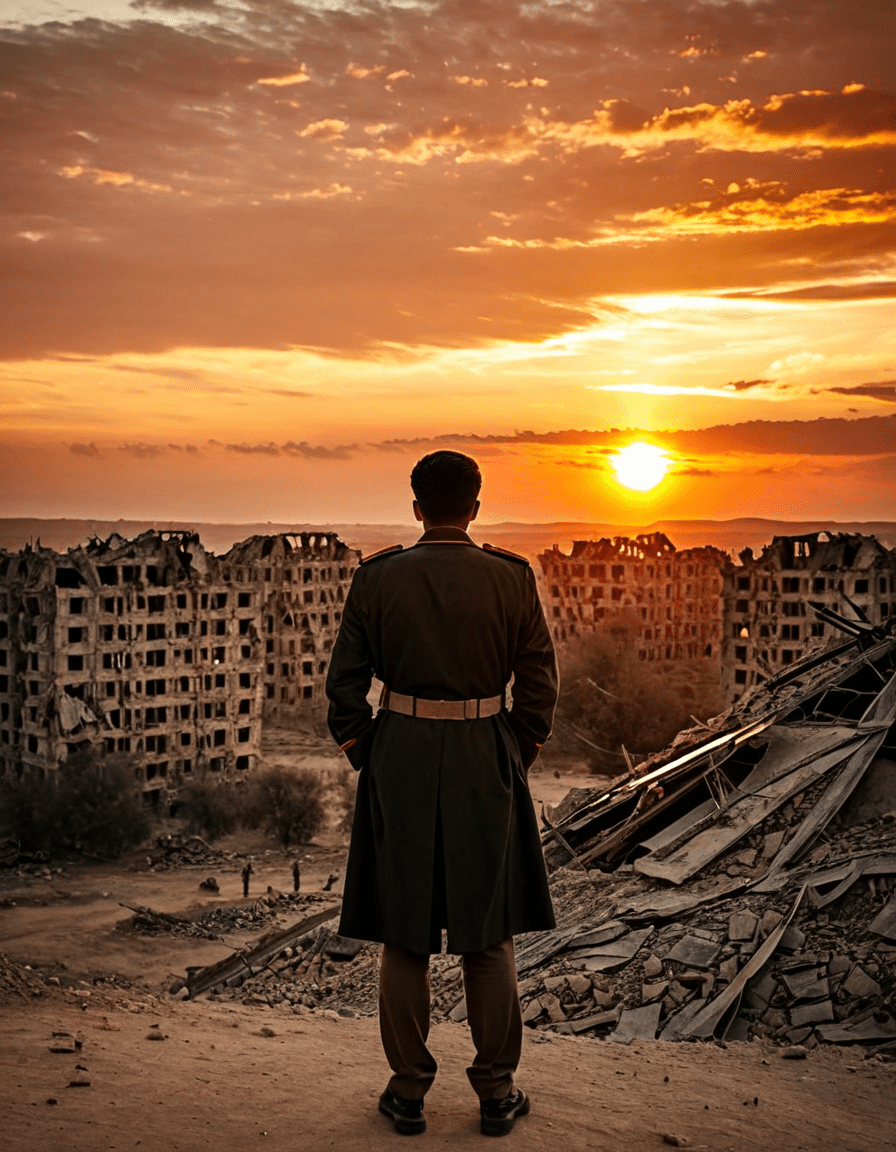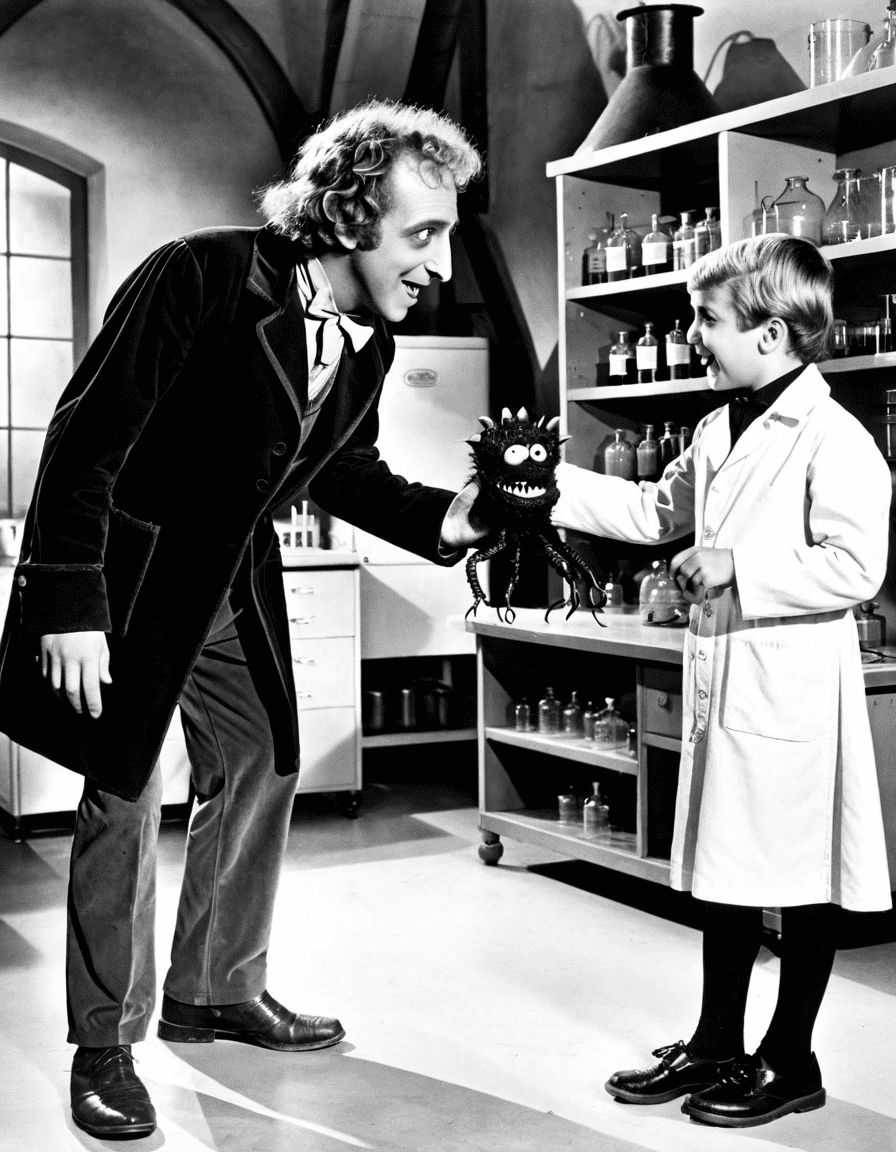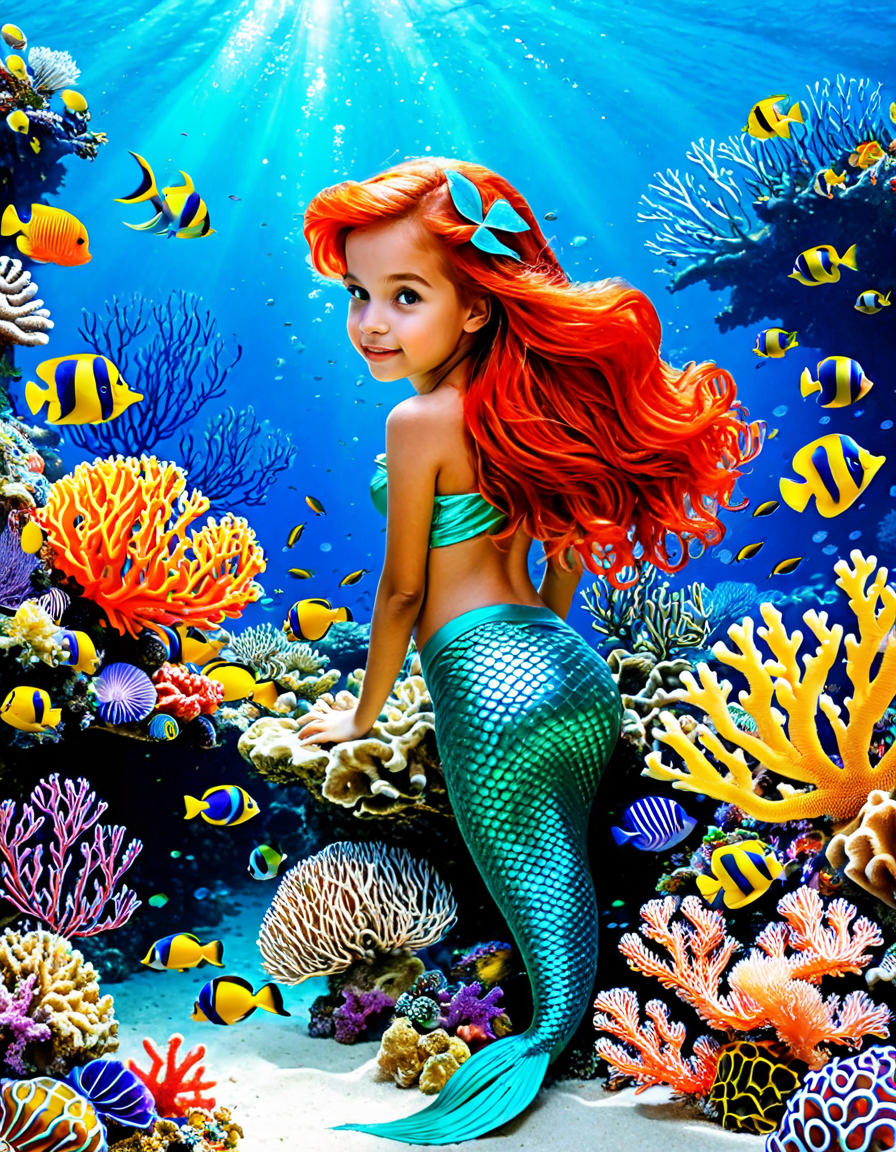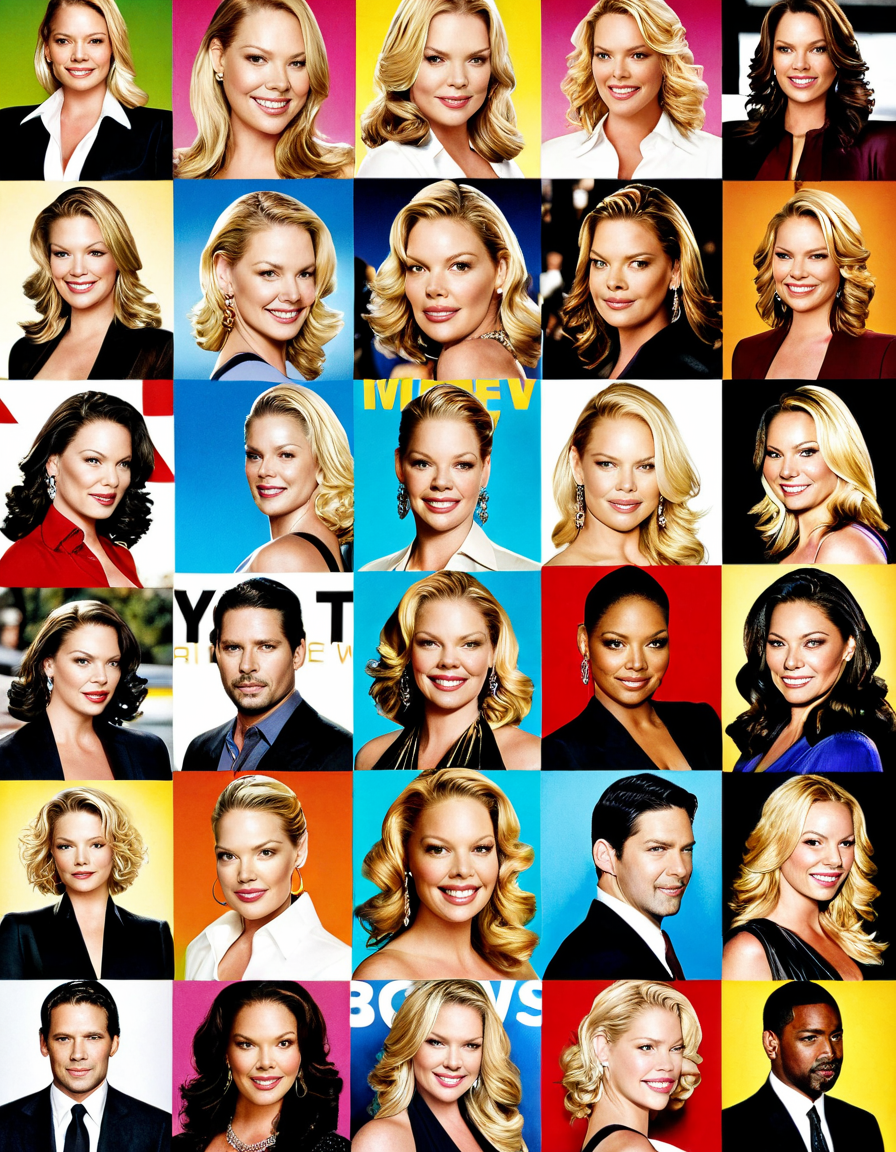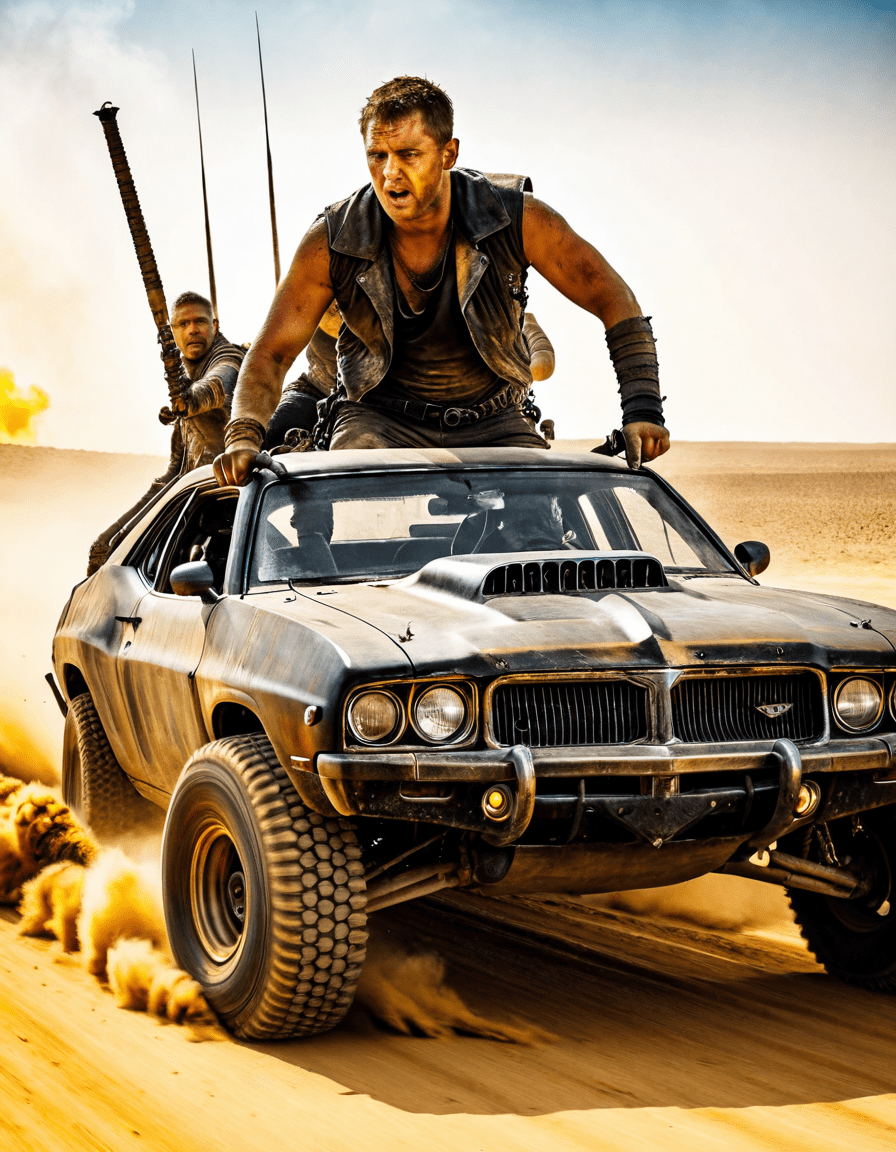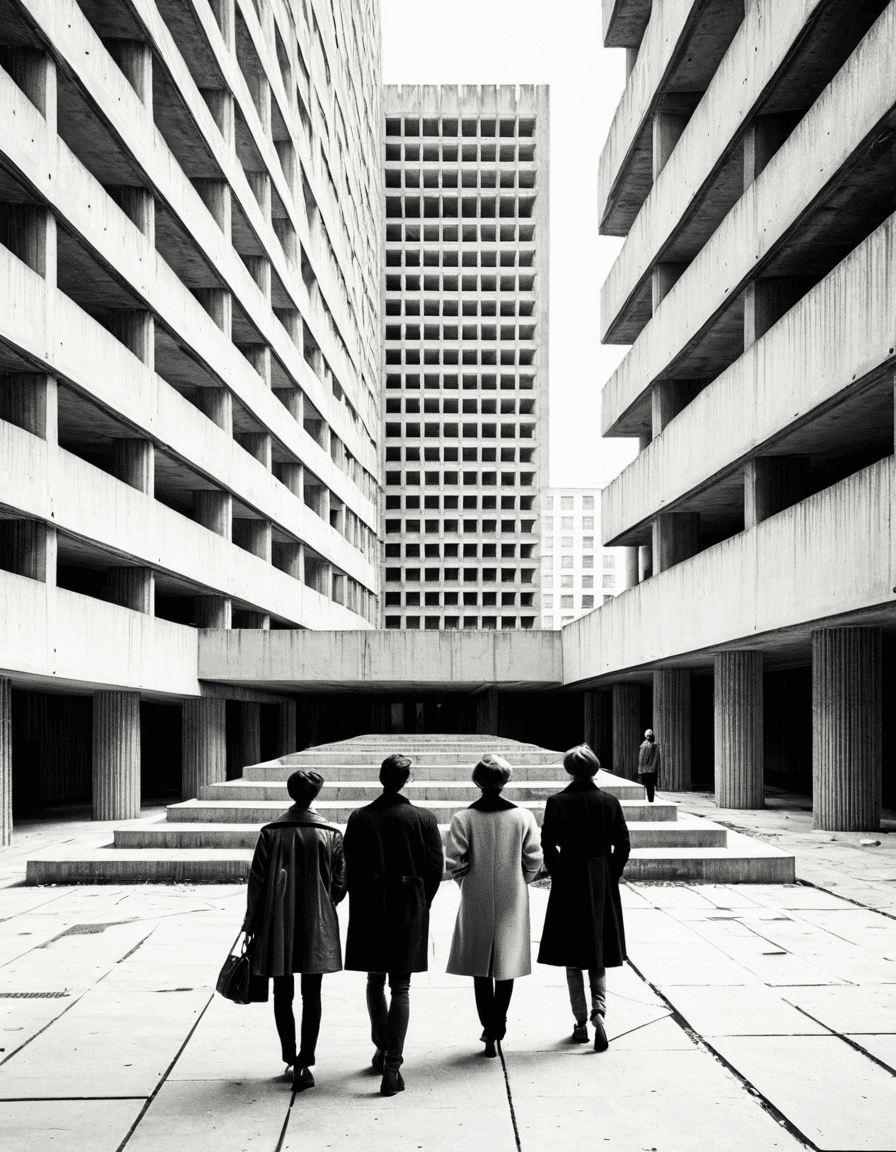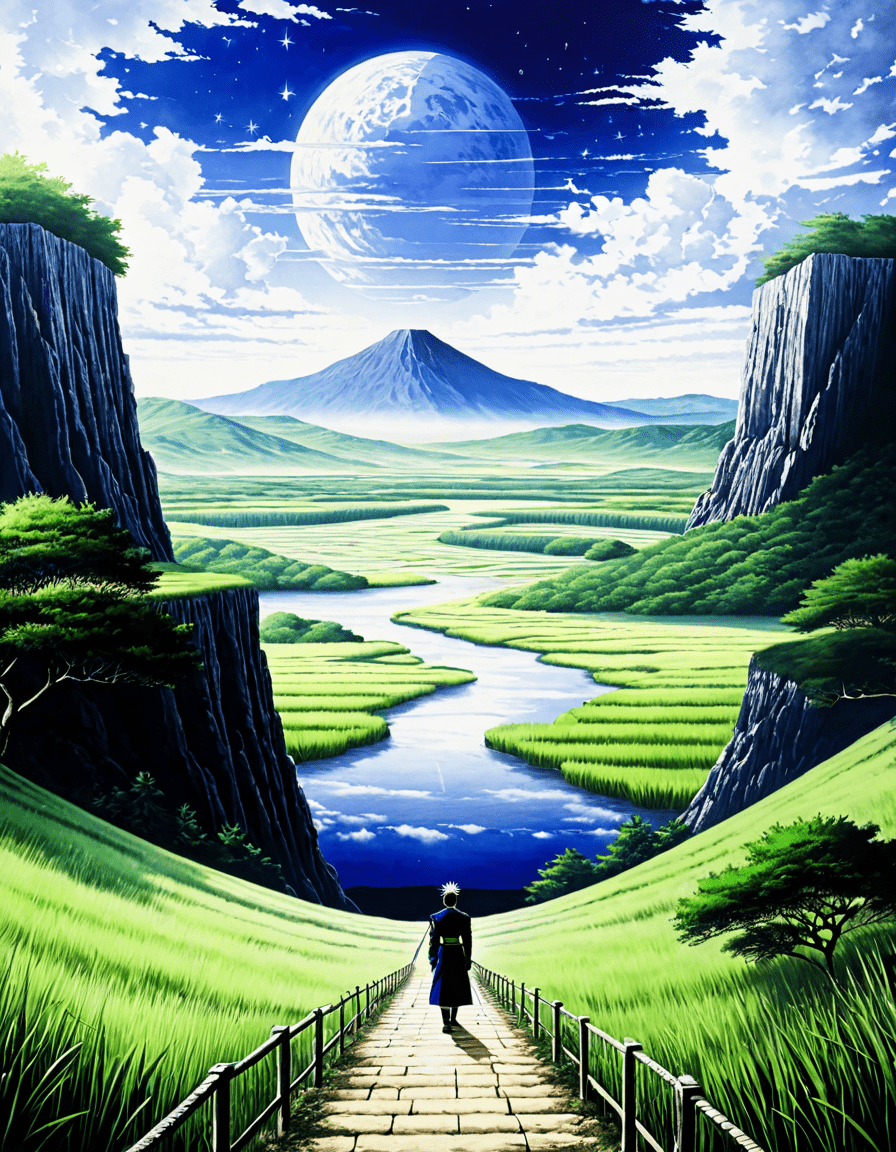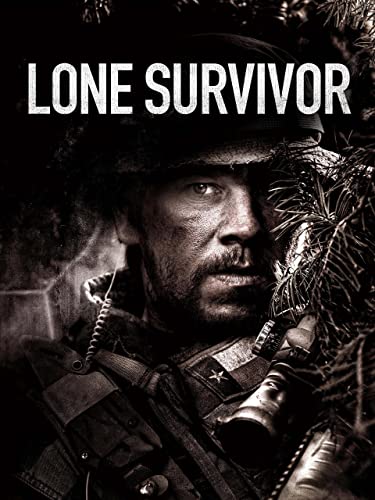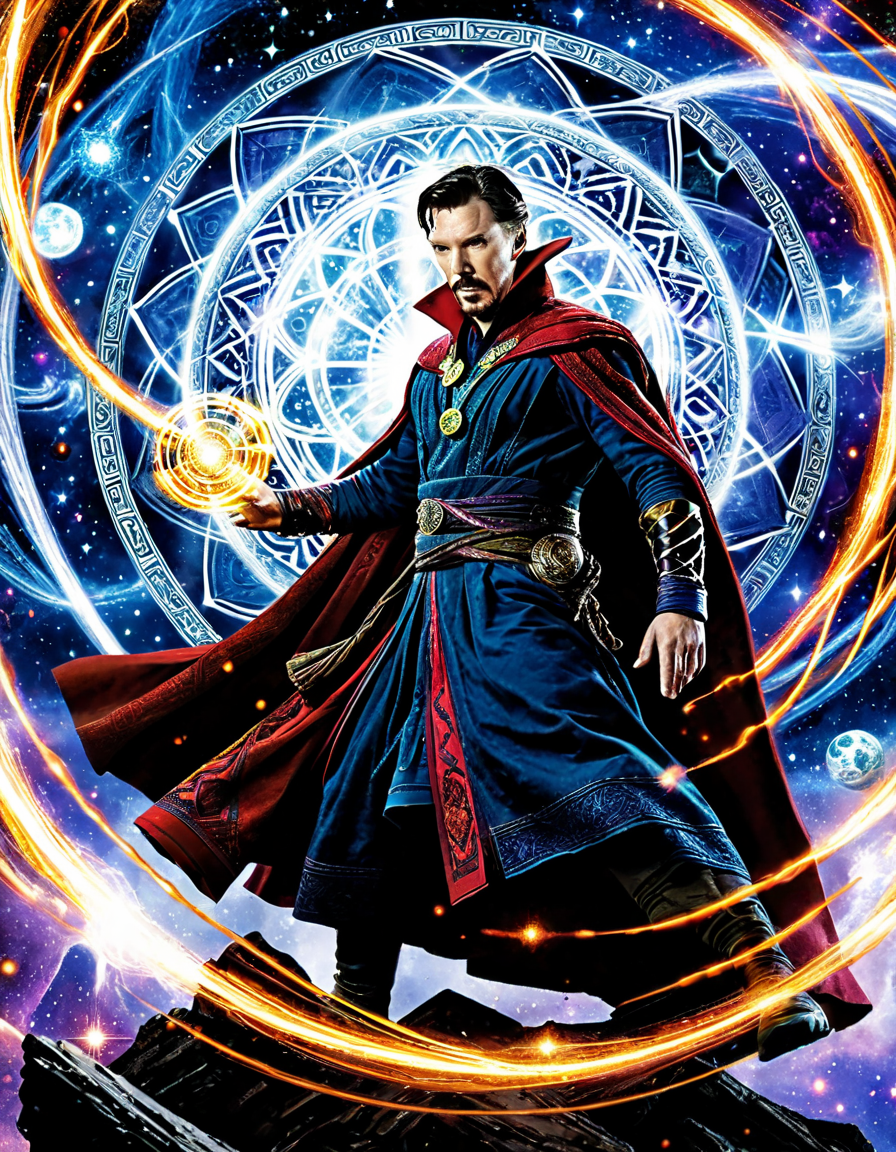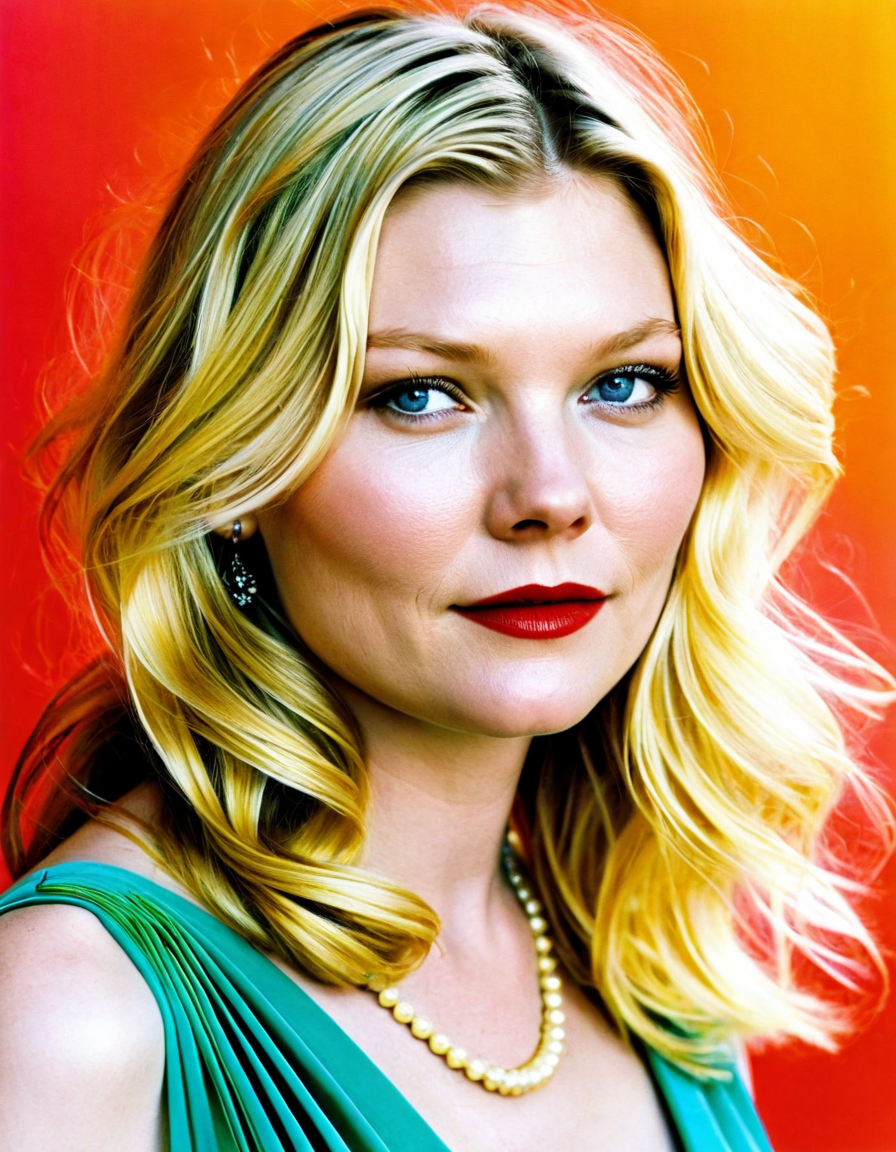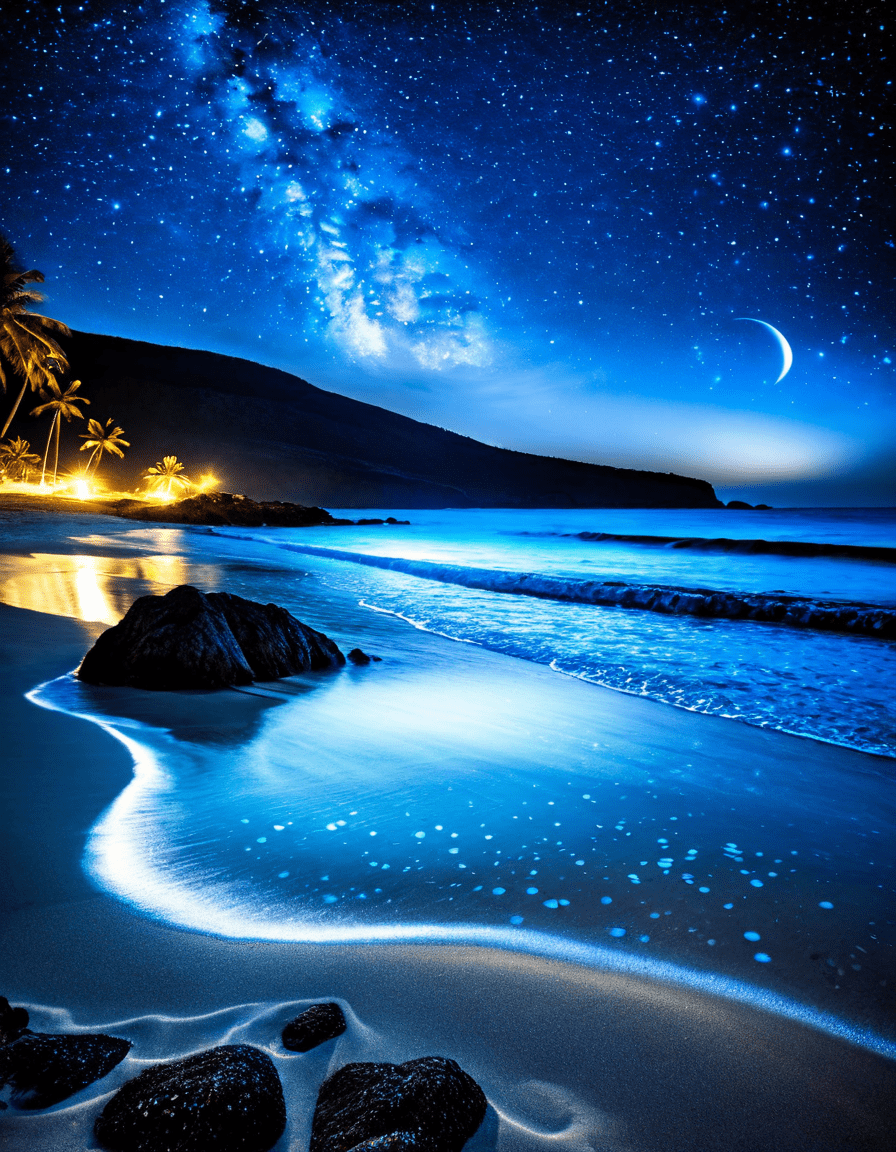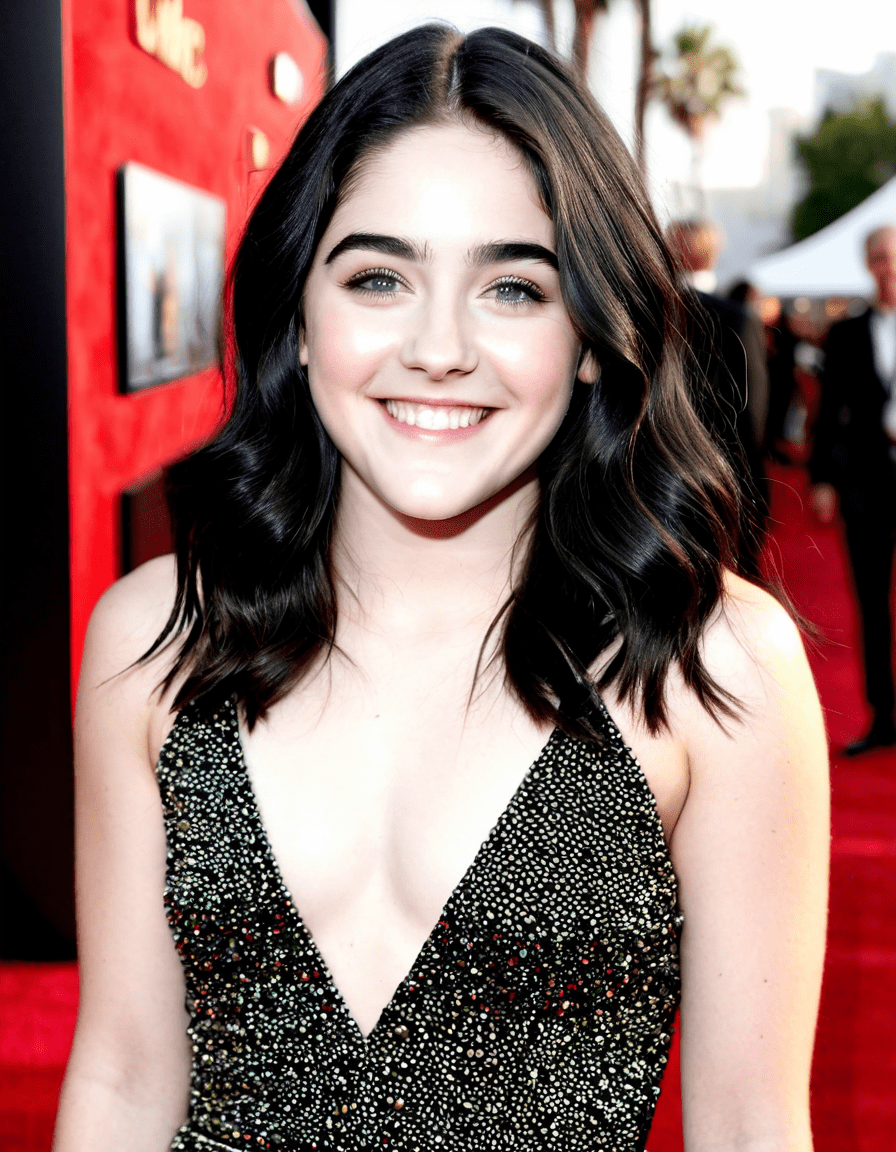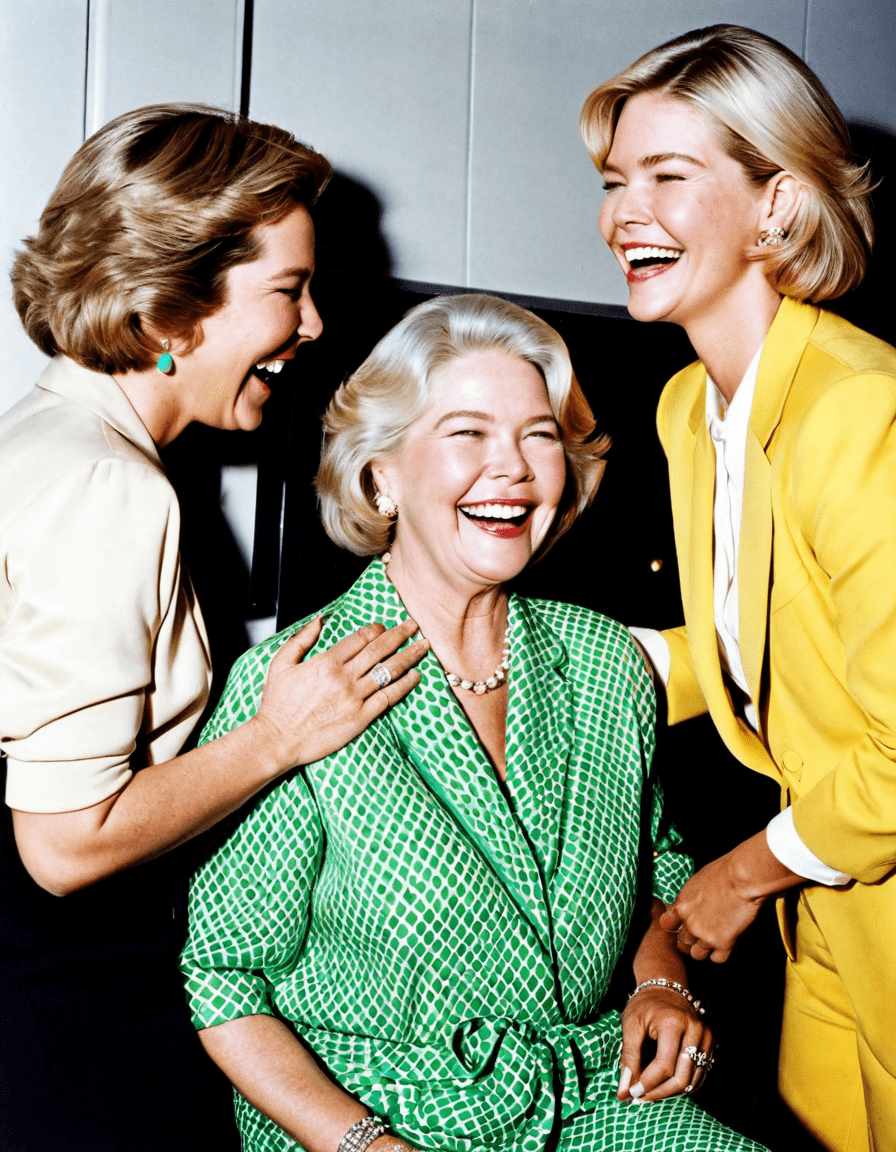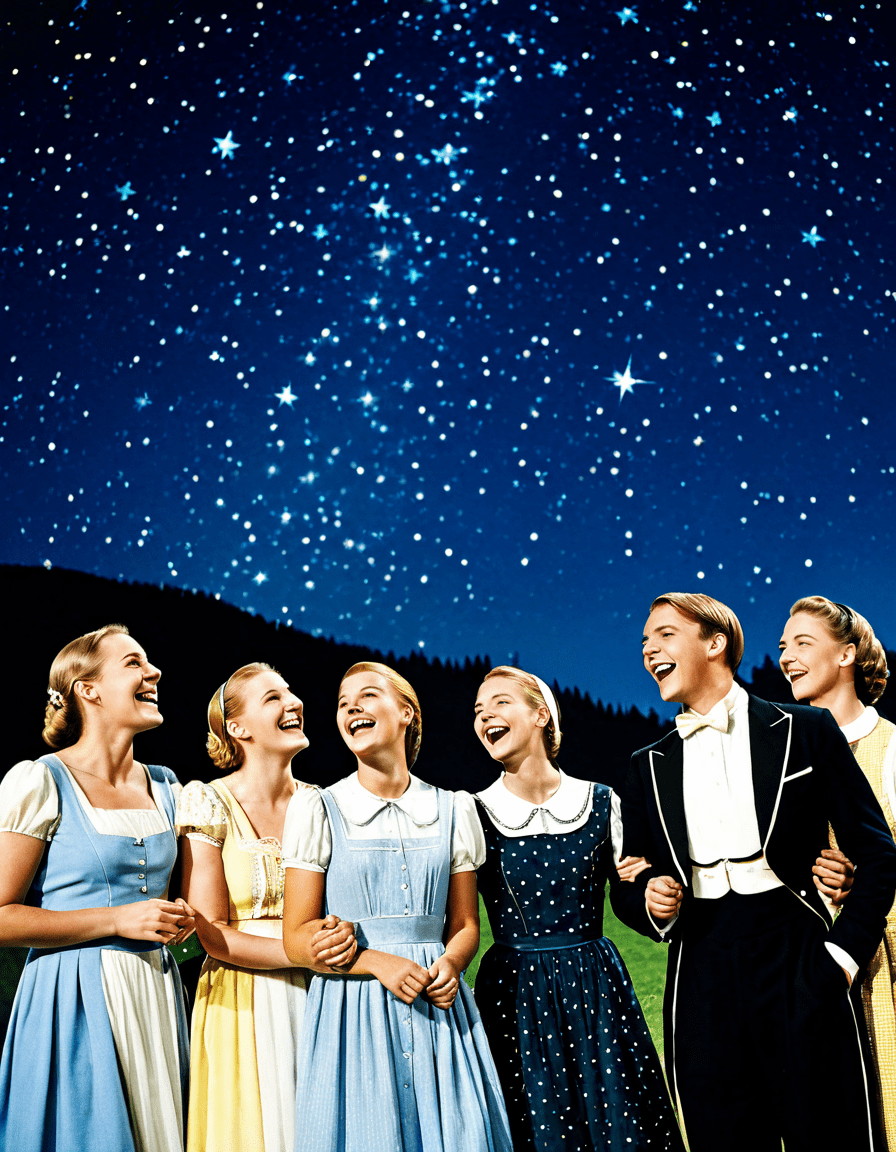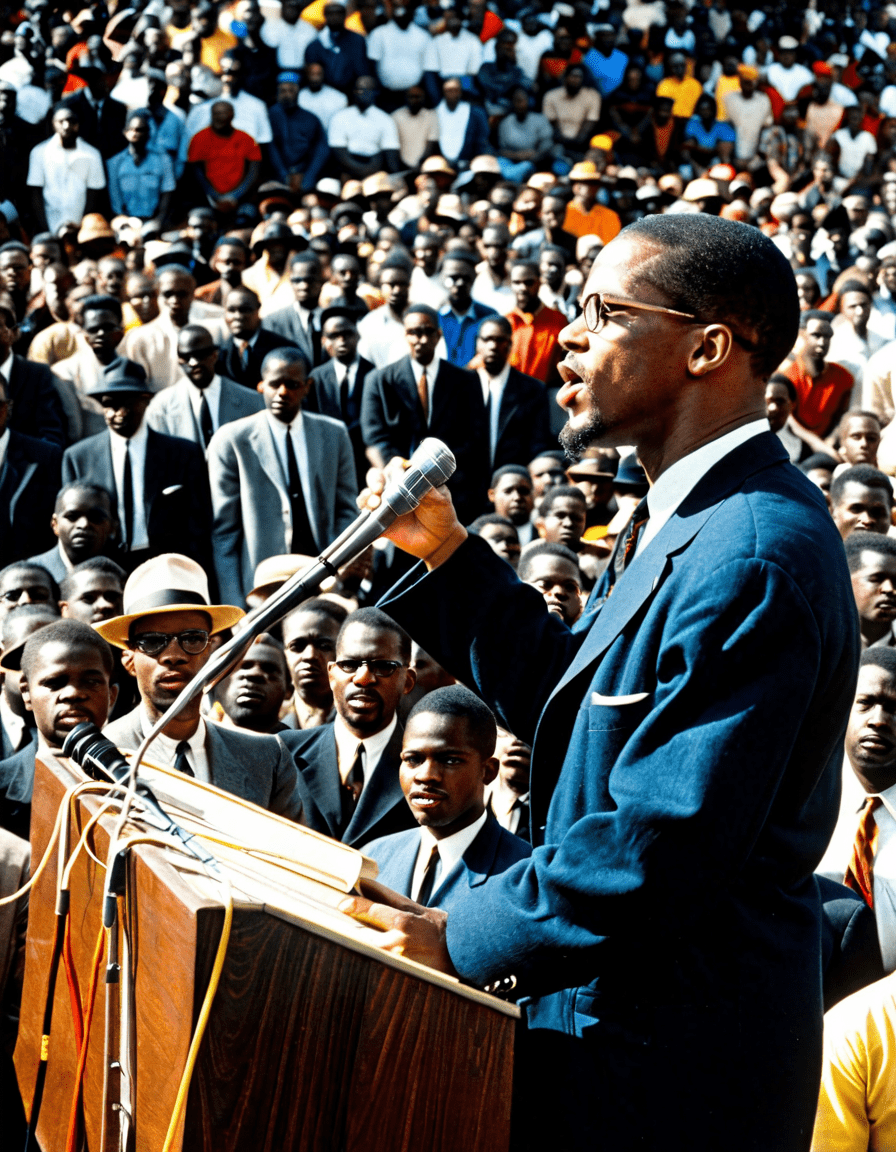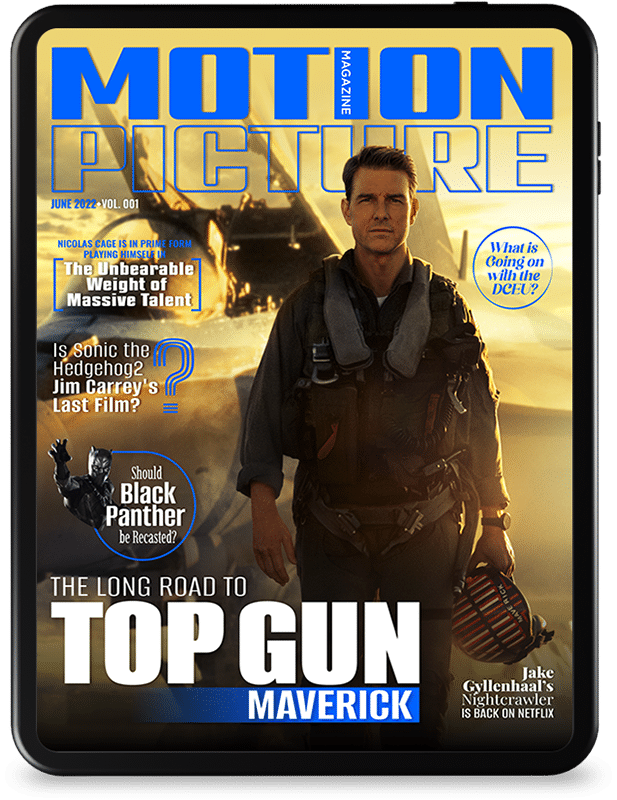Cinema is so much more than just flickering images on a screen; it’s a reflection of our lives, feelings, and the way we navigate the world. Films can make us laugh, cry, scratch our heads, and even start a heated debate during family holidays. In this article, we’re diving into seven cinematic masterpieces that have not only reshaped the film landscape but also left a significant mark on generations of viewers. So grab some popcorn, get cozy, and let’s journey through these remarkable films!

7 Cinematic Masterpieces that Redefined Film and Influence Generations
1. Roma (2018)
Alfonso Cuarón’s “Roma” is a breathtaking art piece, showcasing his mastery of storytelling and visual aesthetics. Set against the backdrop of 1970s Mexico City, the film chronicles the life of Cleo, a housekeeper navigating the intricacies of family and societal class. Shot in black-and-white, every frame feels like a painting, making it a visual delight that speaks volumes without uttering a single word. With three Academy Awards, including Best Foreign Language Film, “Roma” reminds us how art can mirror societal tensions, often hitting closer to home than we’d like.
2. The Godfather (1972)
Often hailed as the MVP of American cinema, “The Godfather,” directed by Francis Ford Coppola, tells a gripping tale of family loyalty and relentless ambition. With Marlon Brando delivering a performance that has become iconic, this film intricately explores the moral dilemmas faced by the Corleone family, prompting viewers to ponder the true cost of power. It set the bar for storytelling in film, influencing countless subsequent productions in various genres, and cementing its status as a cinematic classic.
3. Psycho (1960)
Alfred Hitchcock’s “Psycho” is the film equivalent of a macabre rollercoaster ride. Known for its chilling elements, it changed the horror genre forever. Who could forget that infamous shower scene? With its haunting score and clever editing techniques, the film brilliantly manipulates suspense and shock, keeping audiences on the edge of their seats, even decades later. If you’ve ever jumped during a movie, you can thank Hitchcock for paving the way for thrillers that mess with our minds!
4. Brazil (1985)
Take a stroll through Terry Gilliam’s “Brazil,” and you’ll find yourself in a bizarre, bureaucratic nightmare that feels all too real in our modern age. This darkly comic dystopia satirizes the absurdity of government and technology, wrapping its sharp critique in surreal visuals. Watching “Brazil” is like diving into a dream that goes hilariously wrong, leaving you to rethink the very fabric of society. It’s a film that urges us to look a little deeper, especially when we see the intersection of our lives with authority and technology.
5. Schindler’s List (1993)
With “Schindler’s List,” Steven Spielberg delivers a harrowing yet essential narrative about the Holocaust. This film doesn’t just entertain; it educates. The stark black-and-white imagery is profoundly moving, while the few moments of color offer intense emotional weight, emphasizing the horror interspersed with glimmers of hope. It’s a cinematic journey that reminds us of the depths of human capacity for both cruelty and compassion, making it crucial viewing for anyone seeking to understand history and morality.
6. Spirited Away (2001)
Celebrate the enchanting world of animated filmmaking with Hayao Miyazaki’s “Spirited Away.” This breathtaking tale takes audiences on a whimsical journey through a spirit world, exploring themes of identity and resilience. It beautifully melds fantasy with profound life lessons, reminding us of the importance of growing up while embracing our true selves. No wonder it won an Academy Award! “Spirited Away” isn’t just a children’s movie; it’s a classic that speaks to all ages, showcasing that animation is a genuine art form deserving of respect.
7. Parasite (2019)
Last, but by no means least, we have “Parasite” from talented filmmaker Bong Joon-ho. This South Korean sensation turned the film industry upside down by winning the Oscar for Best Picture in 2020—an achievement that spoke volumes about its universal themes of class disparity. Wrapped in a mix of thriller and dark comedy, it invites us on a wild ride while making us question societal norms. It’s a film that resonates with anyone who’s ever felt the weight of financial strain, leaving viewers pondering long after the credits roll.

Analyzing the Results: Why These Films Matter in Today’s Film Landscape
Cinematic treasures like “Roma” and “Parasite” ignite crucial conversations about culture and storytelling. Each film brings diverse perspectives that challenge traditional narratives, ensuring a rich array of voices resonates within cinema today. The success of these films at prestigious international awards highlights our shifting admiration toward global films, showing us that powerful stories know no boundaries.
Technological advancements play a pivotal role in this transformation. The stunning visual mastery of “Brazil” and the gut-wrenching emotional depth of “Schindler’s List” remind us how innovation enhances storytelling. Today’s blended genres amplify viewer engagement, offering us deeper emotional connections, while film festivals like Cannes and Sundance spotlight groundbreaking narratives, propelling them into the mainstream.
Streaming platforms have created a new era, allowing these masterpieces to flourish and reach larger audiences. It has blurred the boundaries between mainstream and indie film, allowing creators to share their stories with the world. We can see that today’s film landscape is not just about entertaining; it’s about fostering understanding and community through shared narratives.
The Unfinalized Journey: Embracing Film as an Evolving Storyteller
As we navigate through the cinematic universe, one thing is clear: film remains an ever-evolving storyteller. The masterpieces discussed above have shaped not only the way we view cinema but also the way we perceive ourselves and our world. They challenge us to explore pressing issues such as identity, class struggles, and morality, reminding us that film can hold a mirror up to society.
Whether you’re a hardcore cinephile or enjoy casual viewing, engaging with these films cultivates a shared experience that transcends generations. Through laughter, tears, and thoughtful discourse, movies connect us all. So, the next time you pop in a classic or check out a new release, remember—the power of film lies in its ability to shape our understanding of the human experience. And hey, if you find yourself inspired, just think of it as Threes Company navigating the complexities of life together!
And if you want to read more about films that cross genres and generate buzz, why not check out articles on The Sympathizer or dive into the drama of Nymphomaniac Keep that passion for film alive and see where it takes you next!
Film: Unveiling Fascinating Facts and Trivia
Hidden Gems of Film History
Did you know that some of the most iconic films have surprising connections to today’s popular shows? For instance, the cast of Tulsa King brings a unique blend of talent that echoes the storytelling styles seen in classic films. Speaking of connections, fascinating facts abound, like how a notorious figure, Casey Anthony, has a net worth that intrigues many, making her an unlikely name that sometimes pops up amidst discussions about media portrayal in film. Such connections remind us just how intertwined life and cinema can be!
The Evolution of Film Genres
As film audiences have evolved, so too have genres, leading to unique cinematic experiences. Moviegoers today have a smorgasbord of choices, from indie films to big-budget blockbusters. Fun fact: experimental films often shape mainstream narratives, allowing what was once unconventional to break through. Just look at the recent offerings covered in various publications, including Paradox Magazine, where fresh perspectives on the cinematic landscape emerge regularly. On the topic of contemporary music influences, did you know Stacey Q was a pop star whose songs featured in films that defined a generation? Her catchy tunes brought life to the soundtracks of the ’80s, reminding us of how much music impacts films.
Film As a Cultural Reflection
Films have an uncanny ability to reflect cultural shifts. They act as mirrors, showing us where society stands and where it might be headed. Take a peek at shows like Incoming; it’s fascinating to see how they discuss current societal issues. If you scratch the surface, you’ll find that behind every scene lies a story that’s bigger than the film itself. Cinema often portrays the intricacies of life, making it more relatable. The magic of film lies in its power to communicate deeply with audiences, reminding us why we keep coming back for more.
So, there you have it! Film is an endless journey filled with discoveries. From surprising ties between actors and real-life personalities to significant cultural commentaries, every frame has a story waiting to be told. So grab your popcorn and dive into the cinematic marvels!


